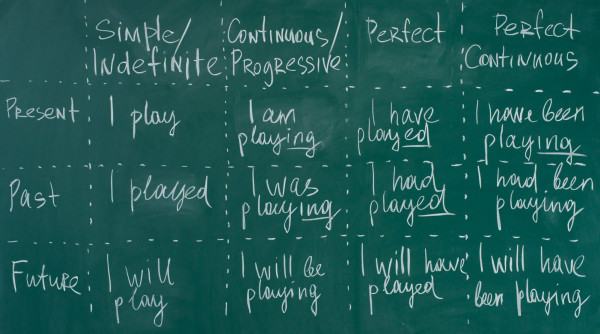This article was originally published in 2018 and has been updated.
Teaching English in Prague and the Czech Republic comes with its own set of rewards — an active work week that doesn’t involve sitting in front of a desk for hours on end, the chance to meet interesting new people who are actually willing to pay you to sit around in cafes and talk to them for 90 minutes, and the opportunity to live and work in a stunning international setting.
There are challenges, too. The impact of the current global pandemic has hit English teachers particularly hard (read more about how here) while many teachers are finding online work in these stay-at-home times, adding Zoom exhaustion to the list of daily TEFL-teacher battles.
These are just five aspects of teaching English in the Czech Republic that will have local language teachers nodding in recognition:
Navigating a complicated schedule and constant cancellations.

You’ve planned (and planned) and are just about to step off the tram when — ping! — lesson canceled, last-minute, via SMS naturally. Or worse yet, you get an “on-time” cancellation meaning no charge for the student and less monthly income for you. Teaching for a Czech company?
Be sure the Šéf will insist on seeing progress but will frequently cancel classes due to urgent company business.
Students who worship at the altar of good grammar

We’ve all experienced Czech students who are sticklers for proper grammar (and fail to appreciate or participate in our brilliant ice-breaker games!). But many language instructors will encounter students who value grammatical correctness above all — even being understood. It’s worth mentioning that native-speaking teachers are able to grasp aspects of the language that are just as important as the grammar: the subtleties (irony, satire) of a language, how to use colloquialisms naturally and demonstrating good pronunciation.
The clash between British and American English in the classroom

Czechs tend to learn UK English in school but thanks to the likes of YouTube, Netflix, et. al., American culture and slang have become increasingly widespread. Depending on the Czech company or individual client you may be asked to teach a specific dialect, especially if a student is preparing for an exam that relies on mastering one or the other. Teachers in this situation may find themselves relearning not just vocabulary (sweater vs. jumper, for instance) but collective nouns and auxiliary verbs right along with the rest of the class.
The sheer torture of writing a Czech invoice

A huge part of being an English teacher is the hustle required just to get paid. Different schools, differing systems, and invoice forms with their intimidating Czech financial lingo (Ičo? Specificky symbol?) can lead to a lot of headaches and missed payments if you aren’t meticulous. Chasing and following-up on payment can lead to even more.
After correcting CzEnglish for months you actually find yourself using it, too!

You spend your days combatting false friends, words like “accurate” vs. akorát (just enough), misuse of prepositions (“Yes, I’m counting with you.”), and missing articles until you suddenly hear yourself saying things like: “I went to the doctor for control yesterday.” What’s happening to your English? This painful phenomenon has plagued many English teachers of Czech students.
Better yet, when you constantly correct students who say, “house is near to the station” for example, only to come across it in an actual book and realize you were wrong!
Are you a teacher looking for students? Create an Expats.cz Teacher profile to find students looking for teachers.












 Reading time: 3 minutes
Reading time: 3 minutes 






























